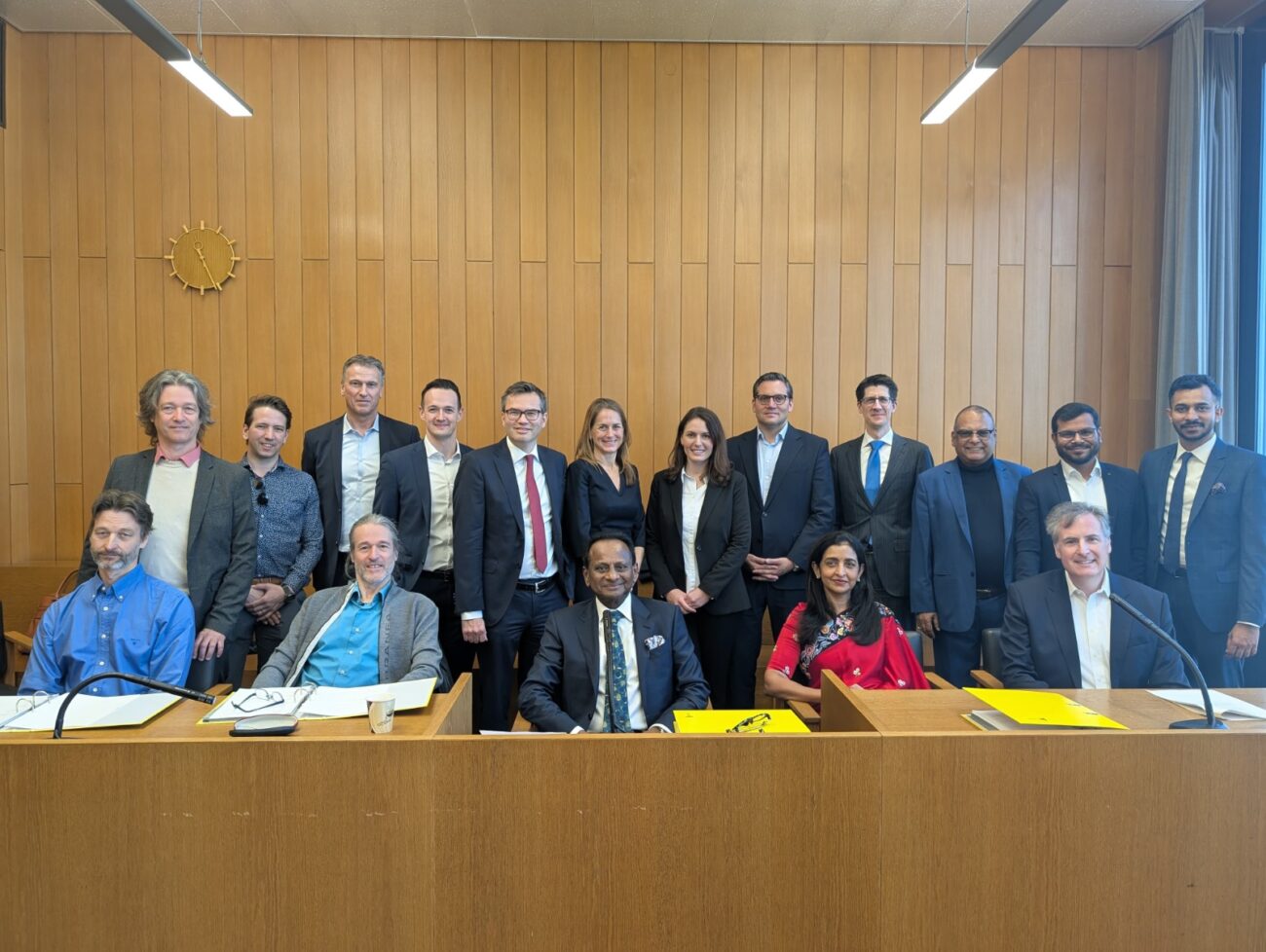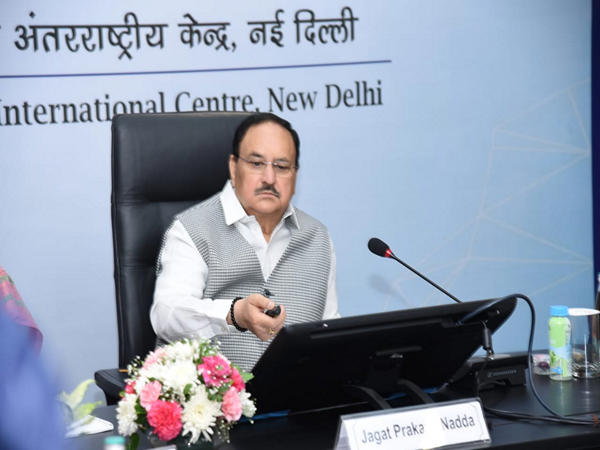GE HealthCare Reimagining Better Health Study Identifies the Barriers to Achieving a More Human and Flexible Healthcare Experience
Patients and clinicians are united in a vision for the future; low trust in AI, interoperability, burnout, and care accessibility top the list of challenges Double-blinded quantitative survey of 5,500 patients and patient advocates

- Patients and clinicians are united in a vision for the future; low trust in AI, interoperability, burnout, and care accessibility top the list of challenges
- Double-blinded quantitative survey of 5,500 patients and patient advocates along with 2,000 clinicians across eight countries, as well as qualitative interviews, examined clinician and patient sentiment about today’s healthcare system
GE HealthCare (Nasdaq: GEHC), a leading medical technology, pharmaceutical diagnostics, and digital solutions innovator, today released Reimagining Better Health, a qualitative and quantitative study that amplifies the perspectives and needs of people at the center of healthcare — patients and clinicians. The study aims to help inform a path forward as stressors such as burnout, workforce attrition and patient backlogs test the resiliency of health systems. Participants were asked to answer questions pertaining to the healthcare system as a whole based on their personal experiences and observations.
The results reveal many of the developments that are propelling the system forward are also a source of challenges that patients and clinicians experience. Specifically, the study found distrust in AI, low technological interoperability across the healthcare system, workforce burnout, fragmented care collaboration and accessibility to care are some of the pain points today.
“Progress can also bring with it tension. In a specialized field like healthcare, resolving that tension is complex and it starts by listening to those who are at the center of care,” said GE HealthCare President and CEO Peter Arduini. “Reimagining Better Health is a bold reminder of the barriers to overcome, and a call to action to all stakeholders in healthcare to innovate and problem solve with a focus on the needs of patients and clinicians. Together, we can transform these insights into action to build a bridge to the future state– a more human and flexible healthcare system.”
Recognition of the Promise of Artificial Intelligence (AI) Coupled with Low Trust
Today, AI technologies in healthcare are designed to improve patient experience and outcomes, automate tasks, and enhance productivity. While a majority of clinicians surveyed believe AI can support clinical decision making (61 percent), enables faster health interventions (54 percent) and helps to improve operational efficiency (55 percent), the study shows distrust and skepticism around AI in medical settings– without reference to specific products– is prevalent among all stakeholders.
Only 42 percent of clinicians overall indicate AI data can be trusted. In the U.S. this number dips to 26 percent. Clinicians with more than 16 years of experience are even more skeptical of AI, with only 33 percent trusting the quality of AI data. Additionally, clinicians believe that while AI can help to reduce care disparities (54 percent), the technology is also subject to built-in biases (44 percent).
Dr. Guy Lloyd, a cardiologist and specialist in diagnostic imaging who participated in the study, highlights the importance of healthcare leaders preparing for the changes of tomorrow, “AI is going to fundamentally change the way people work,” he predicts. “In my world, which is imaging, we’re going to be moving from interpretation and measuring to communications and contextualization. A challenge is making sure everyone is brought along for the ride.”
Low Trust in New Care Delivery Models
Patients cite greater flexibility in how, where and when healthcare services are delivered as their top priority for the future, even ahead of technology solutions that enable faster detection of potential health issues; however, the flexibility of distributed care administered beyond the walls of the clinic can create challenges.
Half of clinicians are not very comfortable with delivering clinical care outside the traditional clinical environment (50 percent).
Patients are also apprehensive about new care delivery methods and are not very comfortable with at-home or out-of-clinic testing (62 percent) without supervision. Additionally, who delivers the care matters to patients. While most patients (67 percent) have a high level of trust in their family doctor, trust levels fall when considering other healthcare professionals. Slightly more than half of patients (52 percent) lack trust in healthcare workers who are not hospital doctors or nurses, midwives or pharmacists to provide appropriate health advice.
Connectivity in a Fragmented System
Perhaps some of this discomfort in new care delivery models can be attributed to low technological interoperability across the healthcare system. Just over half of clinicians say medical technologies seamlessly integrate with each other and are easy to use and intuitive (51 percent and 53 percent, respectively).
While patients and clinicians want relevant patient health data to be available across systems and platforms, this has not been fully realized. Forty-one percent of clinicians are not convinced they have timely access to reliable electronic patient records, and approximately one-third of patients (35 percent) share concerns that clinicians treating them do not have access to their relevant health data.
The Workforce is Defined by Burnout
A staggering 42 percent of clinicians surveyed reported that they are actively considering leaving the healthcare industry, according to the study. Additionally, 39 percent do not feel a sense of pride in their profession.
Across the eight countries surveyed, inadequate compensation and poor work-life balance were among the top reasons cited for exiting the workforce. Further, 47 percent of clinicians said they do not feel fully supported by leadership. Patients are feeling the impact of clinician burnout, with 43 percent saying they do not feel heard by clinicians and less than half (42 percent) saying clinicians empathize with their personal situation and how it affects their treatment.
A Unified Goal
In terms of a vision for what should lie ahead, 99 percent of clinicians completely or somewhat agree the definition of the future as one in which: patients and care teams are more intimately linked together in a partnership via technology solutions; patient care and medical treatment will take place both within and outside of traditional clinical environments, such as in patients’ homes; and the healthcare ecosystem is expanded to include a more varied range of healthcare workers, some of which may not be present today.
Reimagining Better Health defines a clear goal – a more human and flexible healthcare system. GE HealthCare is sharing the findings to encourage discussion, partnerships, and actions with stakeholders across the industry: patients, the broad spectrum of healthcare professionals, healthcare leaders, elected government officials, technology industry leaders, and the public.
All are invited to consider their role in overcoming the barriers, so all benefit from better care and an optimized experience. Use #ReimaginingBetterHealth to join the conversation online and help pave the way to a more human and flexible healthcare system.






